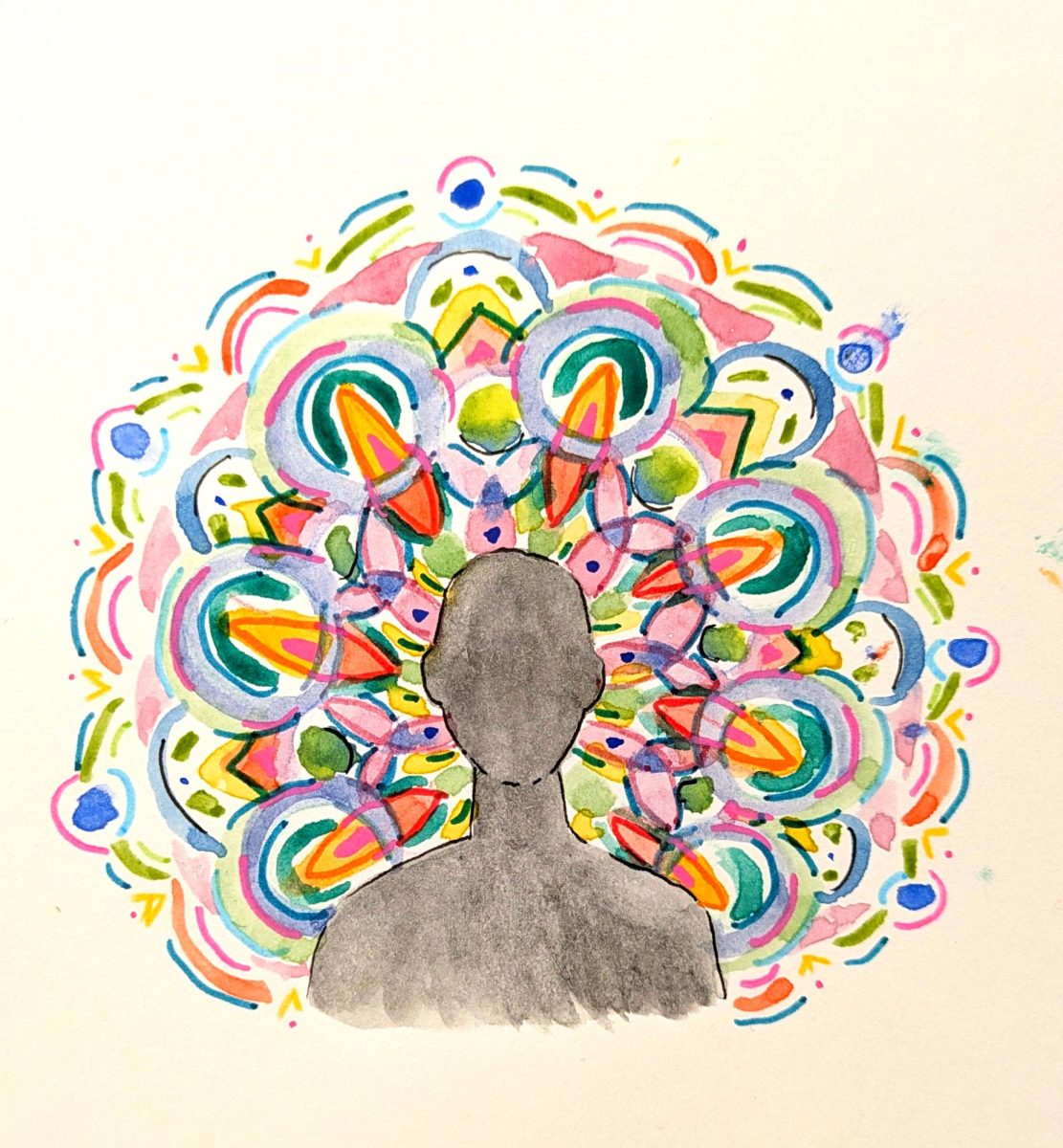This was previously published in our October 2024 issue.
Let’s be honest: when most people hear the word “greed,” they think of all the negative connotations that come with it. They think of a deadly sin, a demon, a force for evil, but that doesn’t mean that greed is necessarily a bad thing.
I had this sudden revelation after watching “Fullmetal Alchemist: Brotherhood.”
The show has physical personifications of the seven deadly sins — including greed. He argues that although greed is not good, it’s not so bad either. We all want something in life: power, wealth, status, relationships, or even something intangible — like bringing a loved one back to life. Yet it’s so much more than that: we always want something we don’t have.
Unfortunately, once we achieve our initial goal through our ambition, that’s where the negative part of greed comes in. Despite the constant issues and sacrifices that arise when chasing something, the idealization of greed stands tall. We think and chase these things so much that even before we go through the process of obtaining, it destroys a part of oneself as well as others in the process.
For instance, remember the retail rage during Black Friday a few years ago? People were trampling over each other, fighting over crock pots, and bashing each other over the head with whatever they could find. Why? Because humans will walk over others for limited resources. Ignoring the ethics of a “civilized” society, people are willing to sacrifice others just for their own personal gain. However, recalling Greed’s character arc in the show, he finally satiates this greed, finding the one thing that satisfied him: friends.
We can’t always obtain something we don’t have. We can only accept the current reality and find joy, not hate.
It is easy to see the duality of greed at work in the real world every day. Even many wealthy individuals who we call “greedy” use their wealth selflessly. Their initial greed for success can transform into a desire to make a difference. We see this with philanthropic efforts from some of the richest people in the world. For instance, the Bill & Melinda Gates Foundation, provides scholarships, fights poverty, and gives access to the internet.
Greed can evolve into something positive, benefiting society as a whole.
However, the means may not justify the ends. If a billionaire built his profits off of unethical ideas like slavery, we can easily call him out. Furthermore, organizations like the Bill & Melinda Gates Foundation may lack scrutiny, since they can use the moral high ground of “saving” the world, potentially being freed from the judgment of governments and academics.
I’m not saying we should ignore the potential downsides of greed. It’s crucial to balance ambition with ethics, and to hold ourselves and businesses account- able. When greed is guided by a sense of responsibility, it can lead to sustainable success that benefits everyone involved.
So, instead of demonizing greed, let’s recognize its potential. When channeled positively, it can lead to innovation, economic growth, and even acts of kindness.
The key is finding a balance — a way to harness that desire for more while ensuring we don’t lose sight of what truly matters: our interactions with others. Greed, when tempered with responsibility, can actually propel us forward, creating a better future for all.





